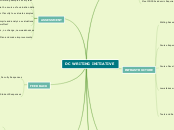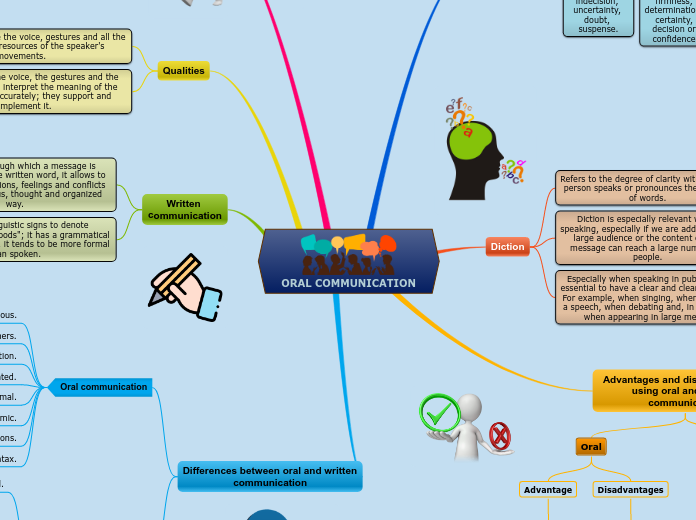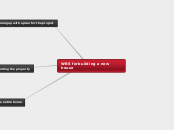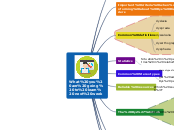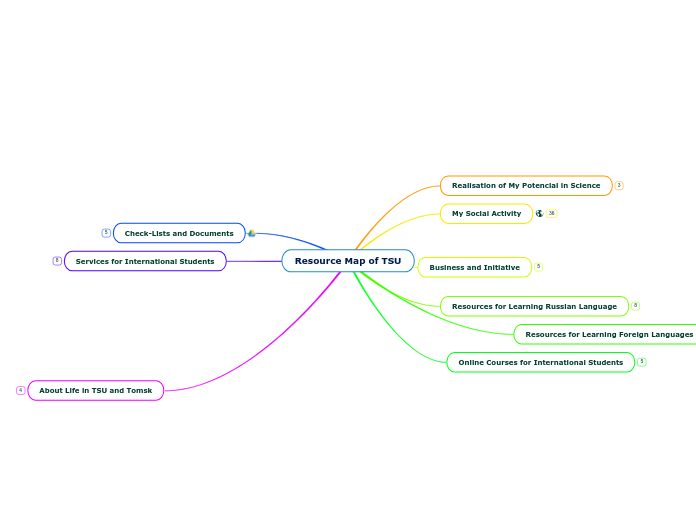por Templeton Templeton hace 7 años
213
Mindomo DC WRITING INITIATIVE
The DC Writing Initiative emphasizes the integration of critical thinking in writing assignments, ensuring that students engage with at least one critical thinking topic each week. To support this, the initiative provides low-stakes writing opportunities in initial courses across various disciplines and offers numerous tools and resources like online reference guides and web-based tutorials.
